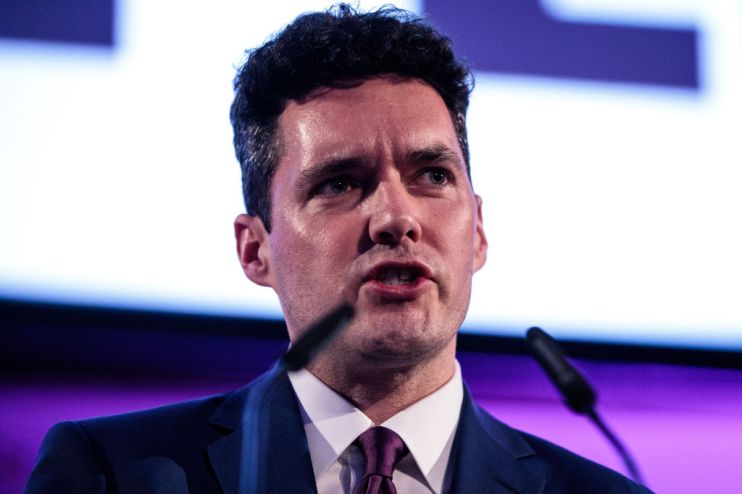Settling rail dispute would have been cheaper than strikes, admits minister

Rail minister Huw Merriman has admitted the government has lost more money due to the rail strikes’ impact than it would have if it had settled the dispute with unions months ago.
“It’s actually ended up costing more than it would have if [the dispute] had been settled,” the minister told members of the Commons’ transport select committee today.
According to government estimates, each day of industrial action costs between £15m and £25m, depending on whether the strike takes place on a weekend or week day.
This means that the strikes have cost the wider economy more than £1bn over the past eight months.
Nevertheless, Merriman maintained that the Department for Transport had to take into account “other government pay deals across the public sector”.
“We have to look around and we have to look at what teachers are being given, what nurses are being given as well,” the minister added.
“And that’s why No10 is rightly involved in these discussions.”
Commenting on Merriman’s remarks, Frank Ward, interim general secretary of the union TSSA, said the minister had exposed “the disastrous short-termism at the heart of the government’s thinking about the rail dispute”.
“This is a shocking admission – that the actions of this wrong-headed Tory government have ended up costing the tax paying public over £1bn at a time when that money could have been used to fix this dispute and build up our railways after Covid,” he said.
The TSSA – which represents platform and signalling staff – is currently in talks with train companies over a revised pay deal, after agreeing to a nine per cent pay increase from Network Rail in mid-December.
Unlike the unions RMT and Aslef, whose members will down tools on 1 and 3 February, TSSA leaders haven’t announced a new strike date yet.
Ward’s comments were echoed by RMT’s general secretary Mick Lynch, who wrote a letter to business leaders impacted by the strike action.
Lynch told the likes of UKHospitality and the British Retail Consortium that they were used as “collateral damage”.
“In this dispute, the interests of businesses, rail workers and passengers have been sacrificed to a wider public sector pay agenda,” he said.
“I am sure you will want to write to the minister making the strongest representations about this issue.”
According to Merriman, the government had not interfered “in a negative manner” during negotiations.
“We’ve been able to refresh mandates and that has led to settlement with the TSSA and Unite,” the minister told MPs.
“There are talks going on this morning between the Rail Delivery Group and the RMT, and there have been talks going on last week and into this week with the RMT and Network Rail. So, I’m really hopeful that those talks will lead to a settlement.”